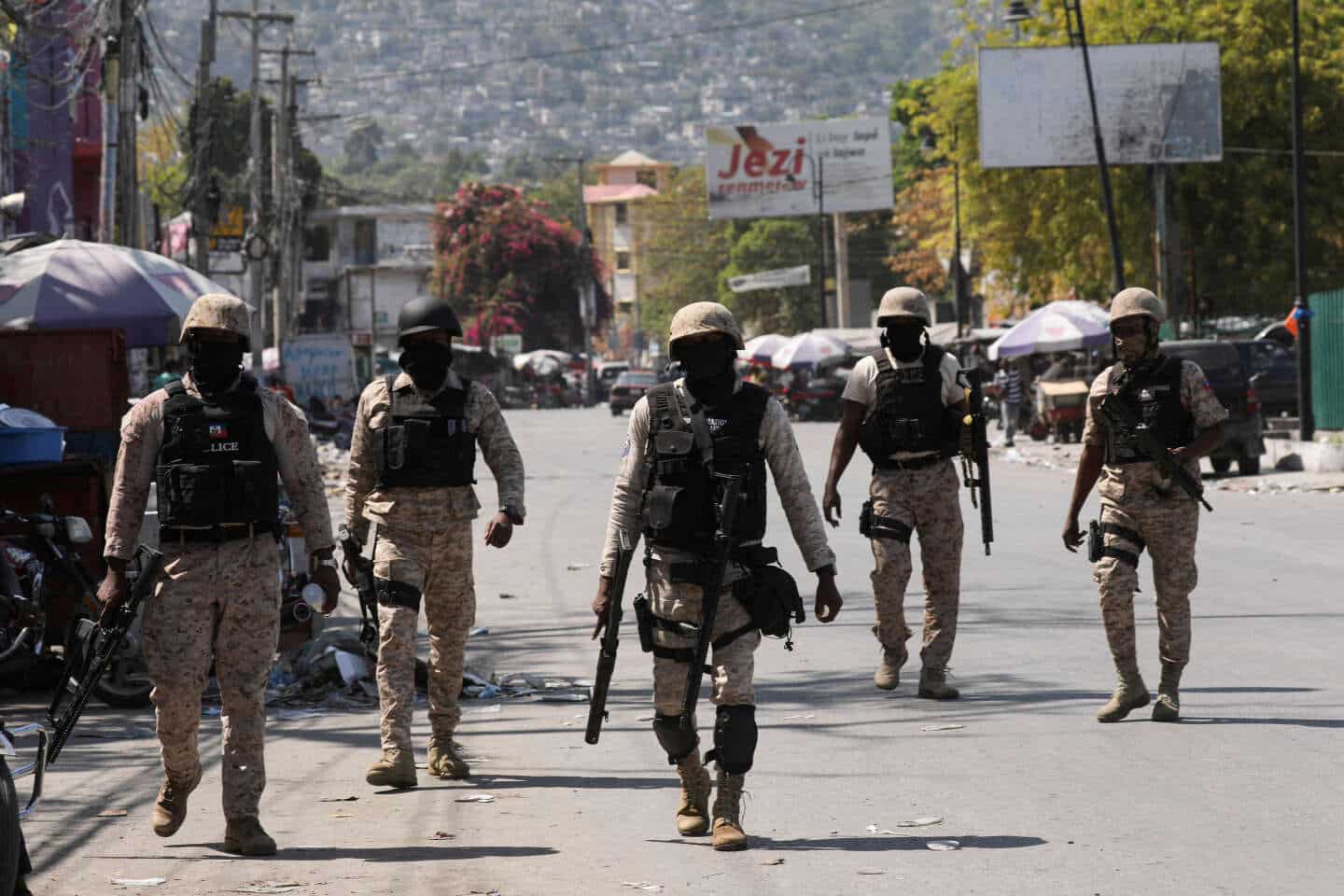
Residents of Port-au-Prince, Haiti, found themselves in dire straits this weekend, seeking refuge amid escalating gang violence that has put the city under what the United Nations describes as a “siege.” Criminal factions aiming to overthrow Prime Minister Ariel Henry have intensified their attacks, targeting crucial infrastructure including the presidential palace, police headquarters, and shutting down the airport and seaport.
The violence has led to a significant internal displacement crisis, with over 362,000 Haitians forced to flee their homes, more than half of whom are children. Philippe Branchat, the International Organization for Migration’s chief in Haiti, highlighted the dire situation, emphasizing that Haitians are living in constant fear, and the ongoing trauma is worsening.
Despite efforts to repel gang assaults, the violence has left behind a trail of destruction, with several gang members reported killed by police. However, the need for additional resources to protect vital installations remains urgent.
Amidst this chaos, the United States has called on Prime Minister Henry, currently stranded in Puerto Rico, to implement political reforms urgently. Meanwhile, a U.N.-approved multinational policing mission led by Kenya faces delays due to legal challenges in Kenya.
As Port-au-Prince and parts of western Haiti enter a state of emergency and a curfew, concerns about the enforcement capabilities of the already overstretched police force grow. The closure of Haiti’s main airport and port has further exacerbated the crisis, risking a significant food shortage as reported by Mercy Corps.
In response to the crisis, CARICOM has convened a meeting with representatives from the United States, France, Canada, and the United Nations to address the situation and explore ways to stabilize security and provide humanitarian aid in Haiti.
The escalating violence not only threatens Haiti’s most vulnerable populations but also places immense strain on the country’s healthcare system, with hospitals being overrun by gangs and medical services severely diminished. As the international community watches, the situation in Haiti serves as a stark reminder of the urgent need for concerted efforts to restore peace and provide essential aid to those affected by the turmoil.



 and then
and then